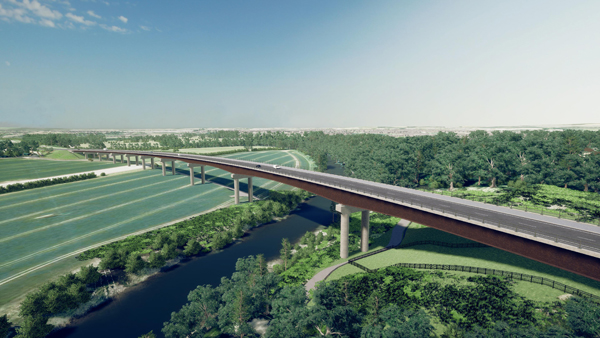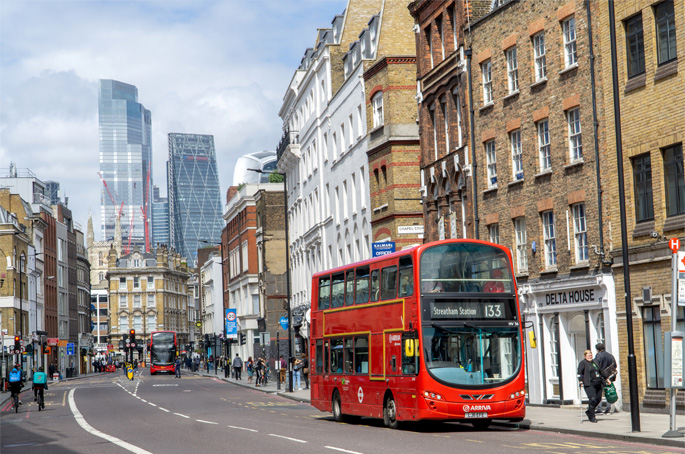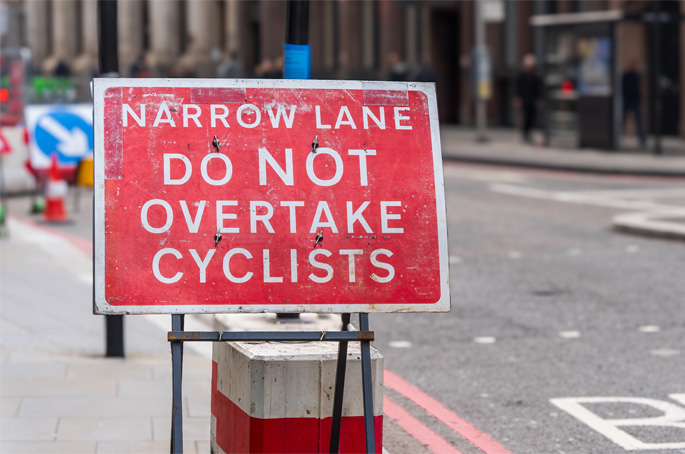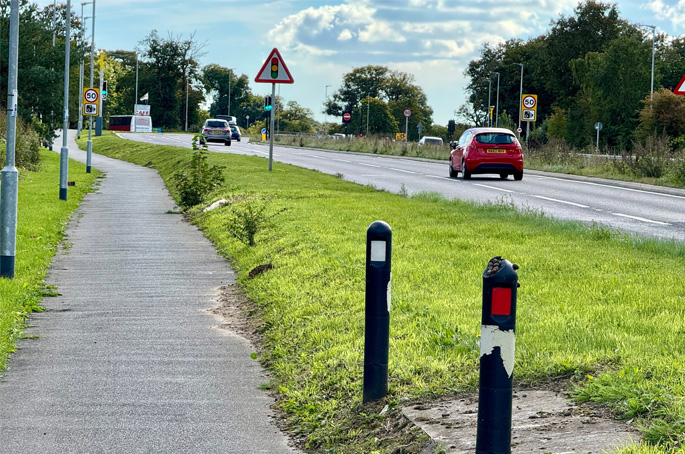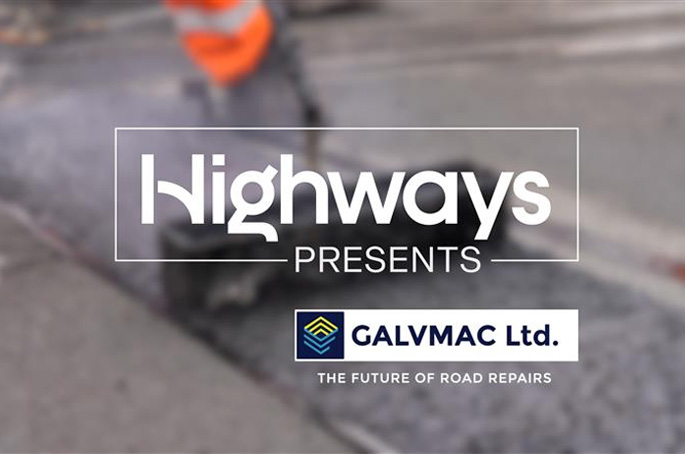Shropshire Council has postponed the long-awaited full business case (FBC) for its controversial relief road scheme - as some suggest the deliverability risks threaten the authority with de facto bankruptcy.
The announcement came after the council's auditors slammed it for its handling of the scheme and revealed a current cost of at least £178m.
The highway authority had previously said it would publish the FBC for the Shrewsbury North West Relief Road (NWRR), including an updated cost for the scheme, this month but has now said it will be considered by its Full Council ‘in the new year (2025)'.
It said the extra time will allow it to ensure that all of the planning requirements for the scheme ‘are thoroughly considered and met' and consider the scheme's revised carbon calculations.
In an appendix to its annual report, external auditors Grant Thornton also made clear that the highway authority was aware of a significant gap between the funding formally pledged by the Government and the cost of the project, adding that ‘it is unclear what credible options the Council had' to address this.
The finding, which results from a detailed investigation into the scheme, is significant because Shropshire repeatedly claimed that it could rely on a pledge from Tory transport secretary Mark Harper in Autumn 2023 to fully fund the scheme with redirected HS2 cash.
The auditors' report describes this approach as ‘speculation', noting that the statements were never given in writing, that there has since been a change of government and that the government (Large Local Majors) contribution was capped at £54.4m for a scheme that could cost at least £178m.
The report is equally sceptical about the council's latest proposed funding stream, which is to use £136m of Local Transport Fund cash pledged by the previous government in March, in addition to the £54m.
It states that while a Department for Transport letter confirms an amount that could in theory be used, ‘we note that this letter does not state the profile of funding to be received, nor any potential conditions which could be attached to it'.
The report notes the lack of a formal funding plan for the scheme and recommends that the council develops one as a matter of urgency.
It also raises the abortive costs of the scheme, which could reach £23m, ‘which could seriously impact the Council's financial sustainability' – a risk that does not appear in the project's risk register.
Dan Morris, Shropshire Council's Cabinet member for highways, said: ‘At this stage, the only significant financial risk presented to this council would be in the event that the council itself withdrew support for the scheme as [grant] funding would then need to be repaid from the council's revenue fund.'
In a statement on the council's website, he said: ‘Put simply, doing nothing is not an option. Equally, there is no other realistic alternative that costs less, produces less carbon, and still delivers the benefits that the NWRR will see.'
Green Party county councillor Julian Dean said: ‘Like Lord Nelson, Cllr Dan Morris says "I see no ships" when asked about the risks to the North West Relief Road's funding. His car crash radio interview shows he is ignoring the central criticism of the audit report – that there is no plan B – and the huge risks the NWRR project now faces.'

